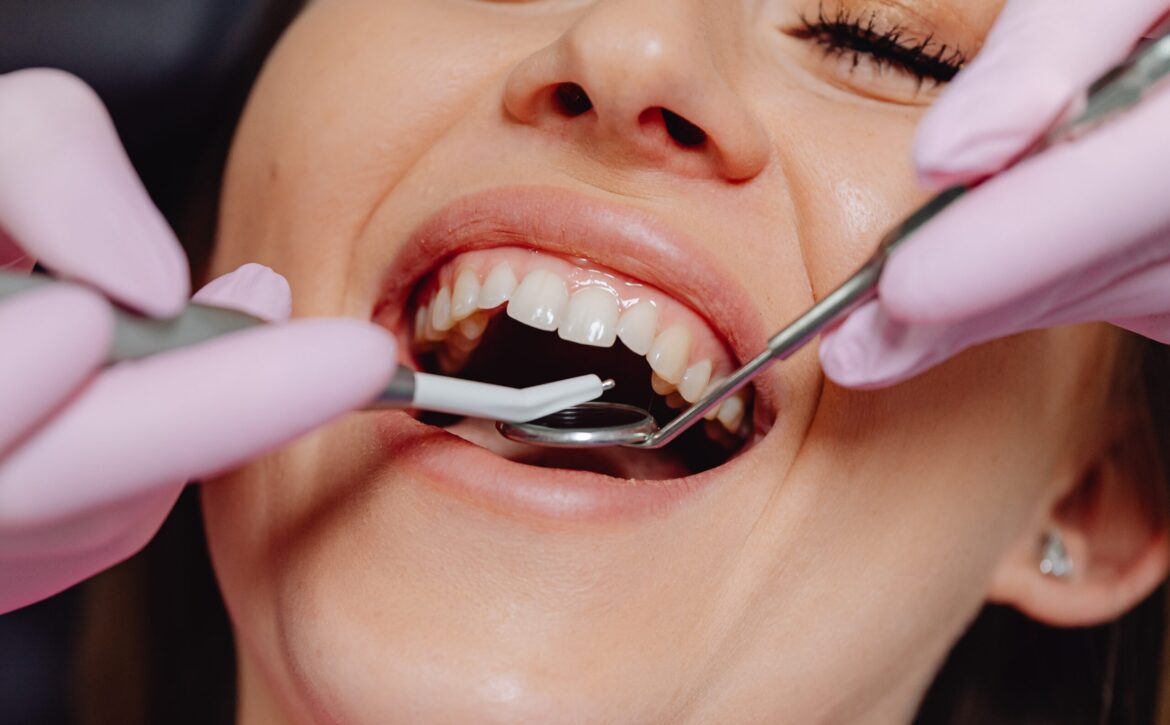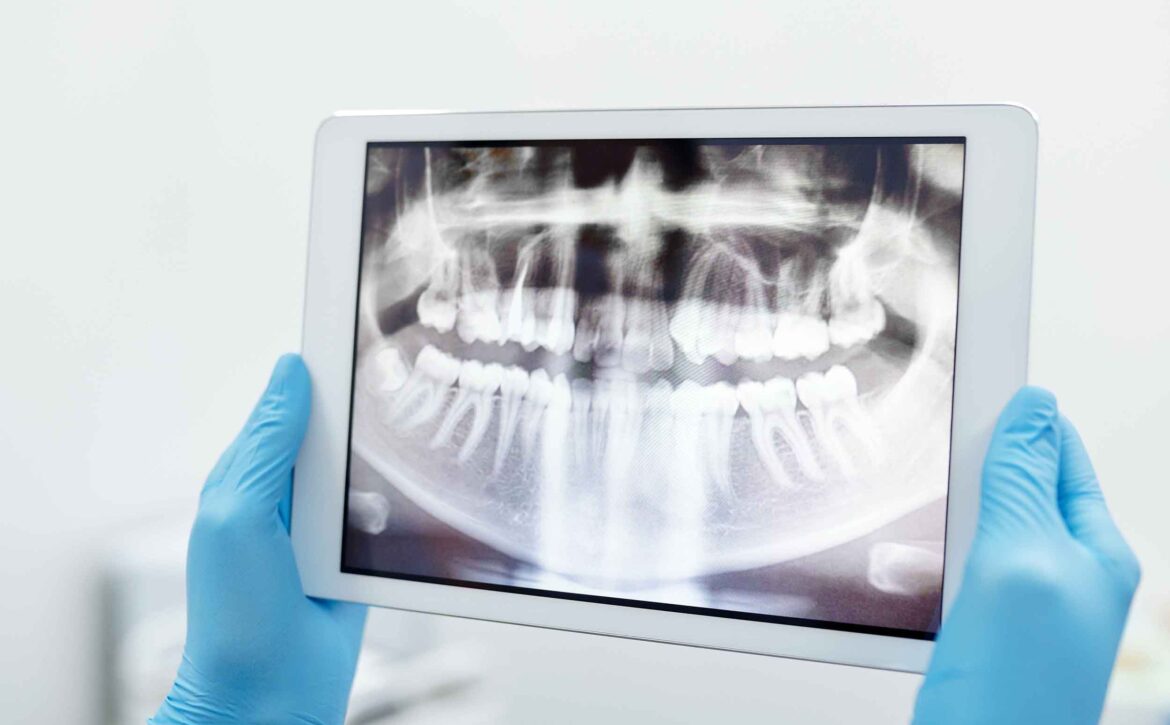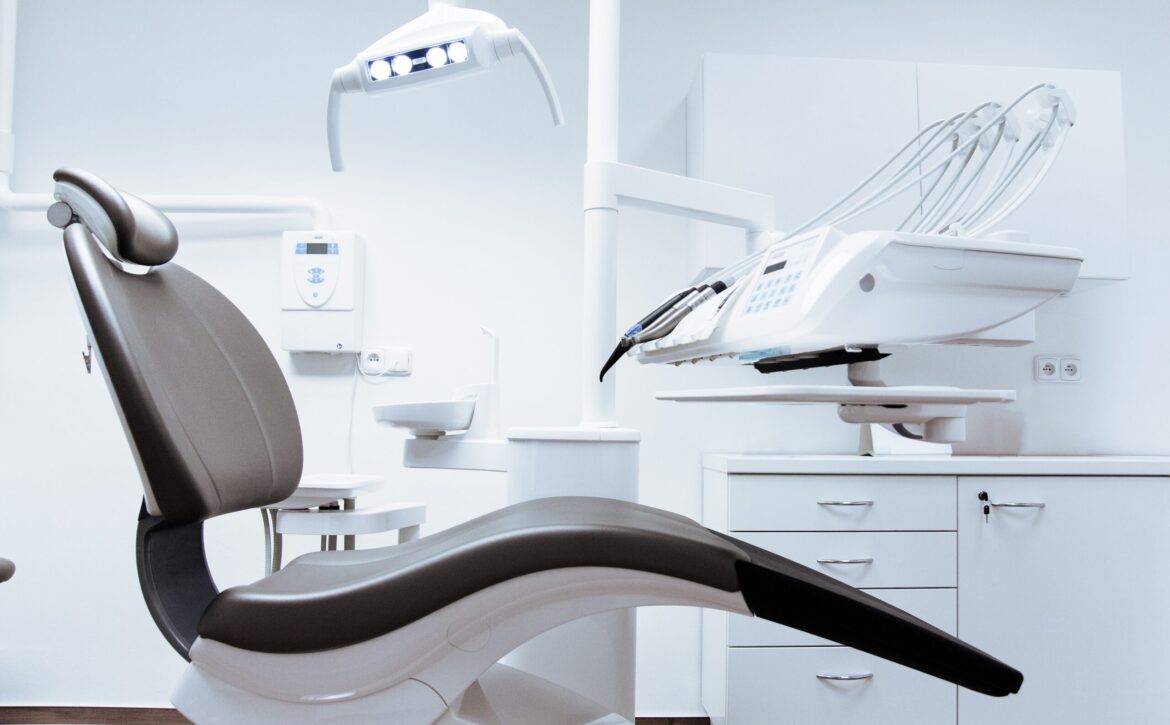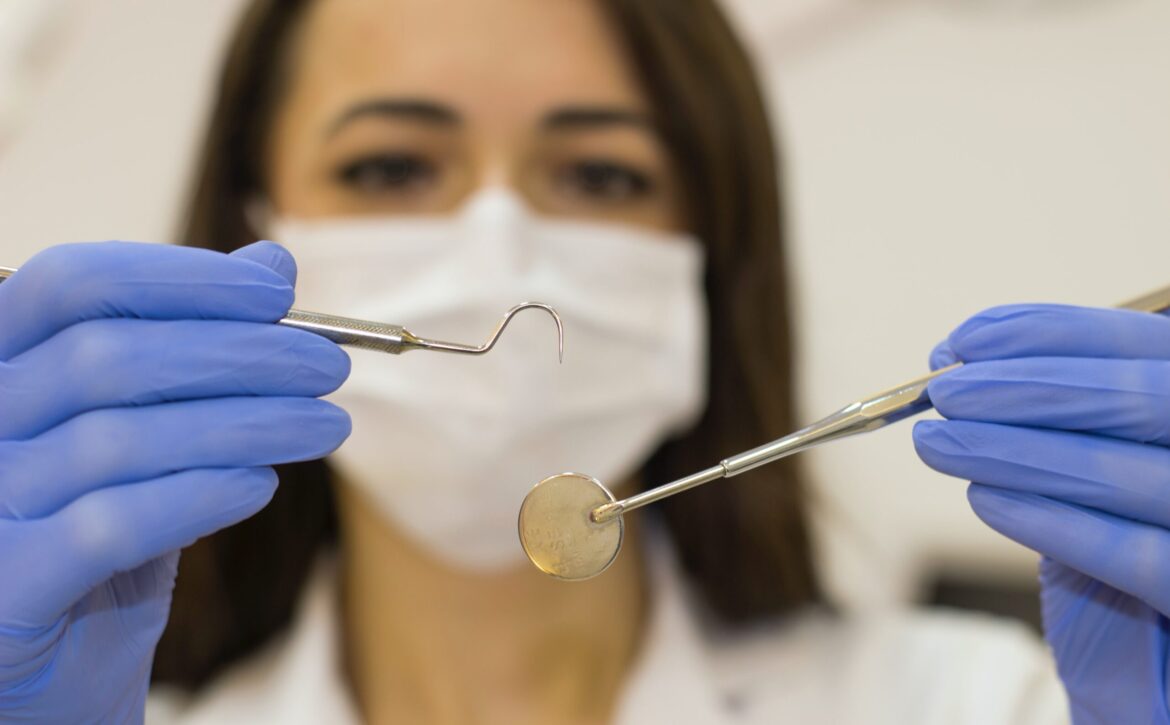Is Vaping Bad For Your Teeth?
Just when smoking cigarettes was going out of style, vaping has caused an increase in young people smoking.
While vaping isn’t as bad for your health as cigarettes, the only people who should vape are those looking to quit smoking all together. Vaping is often thought of as non-harmful. However, early research into vaping shows that it is harmful to oral health.
While the side effects of smoking cigarettes have been known for a long time, vaping is relatively new. As a result there are less long-term studies on the health effects of using e-cigarettes.
What is known is that young people are vaping at higher rates of taking up smoking in the future. All in all, it’s better to not vape at all than to pick up a habit that has no benefit to your physical or oral health and could emerge to be just as harmful as smoking tobacco.
How is vaping harmful to your teeth?
Vaping may contain less nicotine than cigarettes, but the nicotine found in vape juice still has a negative effect on gums. Nicotine restricts blood flow to the gums, which affects the mouth’s ability to naturally fight off infection. This puts smokers of all kinds at higher risk of gingivitis or gum disease.
Another ingredient found in vapes is propylene glycol (PG). Although this substance is safe to inhale, when used orally it breaks down into acids that attack the enamel on teeth and can irritate the soft tissue in the mouth.
PG also reduces the amount of saliva a person produces. Saliva actually helps your mouth to prevent bacteria from forming. A dry mouth can lead to plaque buildup and gum disease. Worse still, teens who drink soft drinks or energy drinks rather than water are putting themselves at even more risk of dry mouth. The sugar found in these drinks feeds bacteria and eats away at enamel.
Another ingredient that is harmful to oral health is vegetable glycerin (VG). Found in vaping products this liquid sweetener helps Streptococcus mutans, a bacteria commonly found in oral cavities to stick to the grooves on the surface of your teeth.
These ingredients all help to dry out the mouth, increase bacteria, and reduce saliva production causing an increased risk for tooth and gum decay.
If you must vape reduce the dental side effects
If you are vaping to quit smoking, there are some measures you can take that may help. However, the best way to avoid vaping-related health problems is to quit as soon as possible. Since e-cigarettes are still relatively new, there’s no promise that doing these actions will reduce the amount of harm vaping causes to teeth and gums
- Limit your nicotine exposure. Since we know nicotine is bad for teeth and gums, choosing a low-nicotine or nicotine free juice will limit the negative effects on teeth and gums. If you are vaping to quit smoking, think about lowering the amount of nicotine you consume over time until you can smoke nicotine free.
- Drink water after vaping. Rehydrating after you smoke may help the immediate feeling of a dry mouth. However, the best way to avoid disruption to your saliva production is to not smoke at all.
- Brush your teeth twice a day. Brushing and flossing are important to prevent plaque buildup on teeth. Smokers are at higher risk of developing gum disease, so it is important to floss every day.
- Visit your dentist regularly. Smoking can repress the signs of gum disease, which means even if you have good oral hygiene habits you may still have gingivitis or gum disease. Visit your dentist or dental hygienist every six months while also maintaining a regular and thorough cleaning schedule.
What are some side effects I may experience from vaping?
Whether caused directly from vaping or not, any of the following symptoms are a sign you should see a dentist. These symptoms may be a sign of an underlying oral health condition which smoking is known to contribute to.
- bleeding or swollen gums
- sensitivity of teeth and gums from hot/cold
- dry mouth
- bad breath
- loose teeth
- mouth ulcers or sores that won’t heal
- toothache or mouth pain
- receding gums
The best thing you can do for your oral health is to quit smoking or vaping. If you are a vaper and haven’t seen your dentist in a while, we recommend booking an appointment with one of our friendly dentists.








